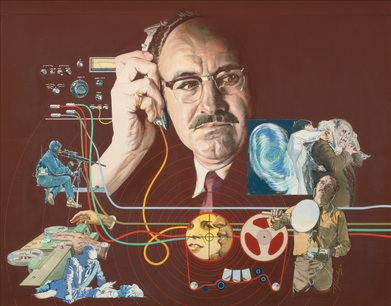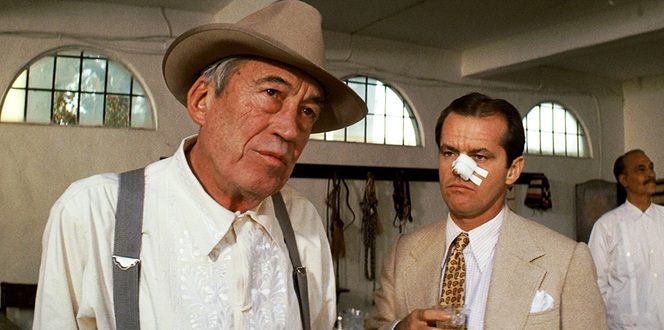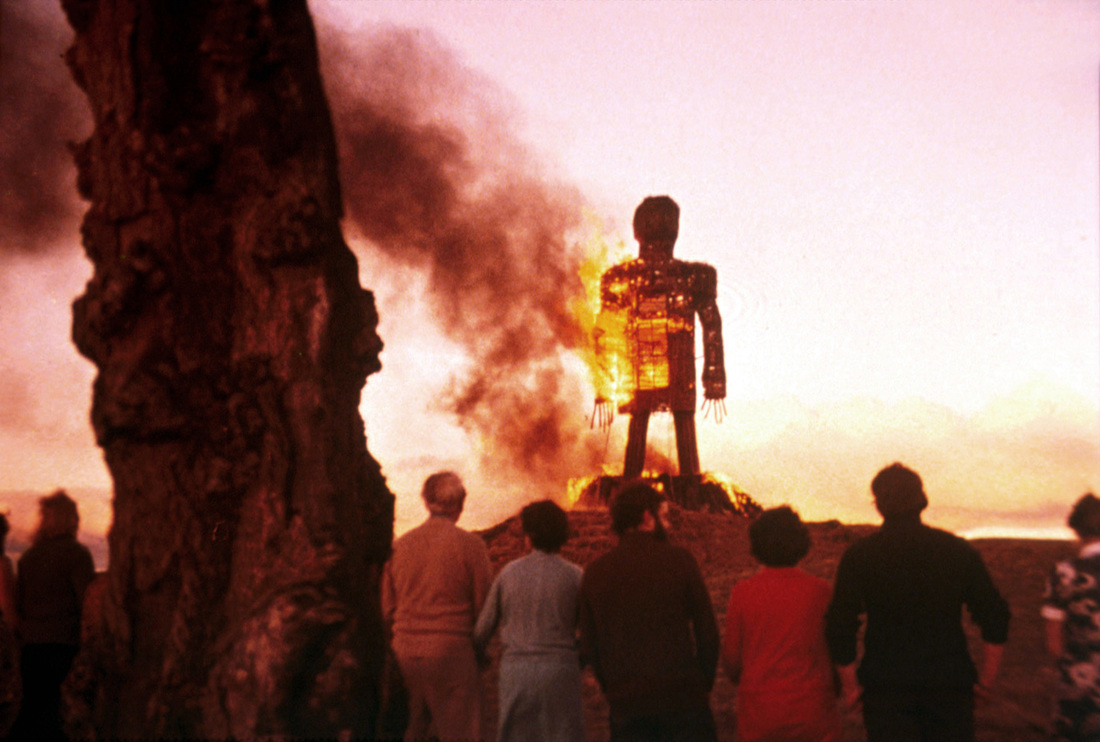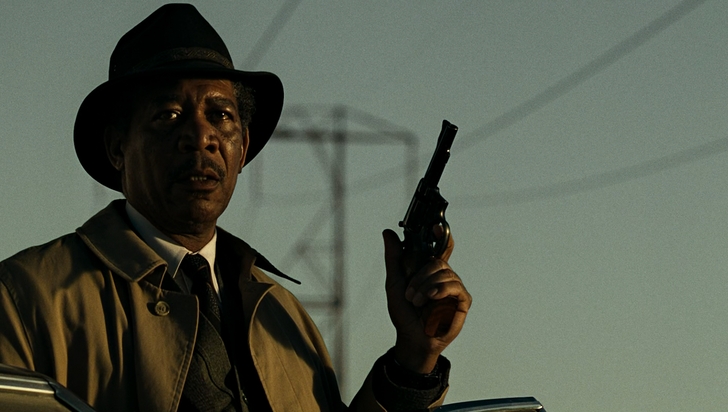|
Ian Long, who is teaching Euroscript's Neo Noir workshop on December 3, uncovers the deep meaning of investigators - in this and other genres  The distorting effect of recording devices figured in many 70s films (THE CONVERSATION, KLUTE, BLOW OUT) The distorting effect of recording devices figured in many 70s films (THE CONVERSATION, KLUTE, BLOW OUT) Agents of Narrative There’s a good reason why detectives are also known as “private eyes”: above all, they need to see the world clearly - to make sure that the information they collect is valid, to discern its meaning, and to form it into a pattern. In other words, they need to make stories. Detective stories are narratives about creating narratives. It’s one big reason why they’re compelling. We watch, fascinated, as detective-figures question people, make observations, gather data and draw conclusions. Just like writers, they’re in the business of putting together stories that hold water. But they’re also doing what everyone does, all the time – making sense of the world by arranging scraps of experience into a chain of causes and effects. The Detective’s Fears Detectives are haunted by three major fears (as well as the need to survive until the end of the story): (1) Am I as good at gathering information as I think - or hope? (2) Is the story I’m putting together a true picture of the world (is the information I’m gathering turning into knowledge)? (3) Am I on the right side? Is the person I’m working for ‘good’, and their adversary ‘bad’? Failed detectives – the 1970s For a long time, screen detectives' street savvy and basic moral code generally won through. But this changed with the revival of Noir in the 1970s. Detectives were now dangerously fallible: films like NIGHT MOVES, CHINATOWN and THE LONG GOODBYE showed them blundering around blindly, misreading clues, manipulated by forces they barely comprehend. And the conclusions they did draw were often wrong, allowing monsters like Noah Cross (in Chinatown) to win. Why did this happen? In the 1970s, America was reeling from a series of psychic shocks. The Vietnam War made it question its moral foundations; Watergate raised doubts about the morals of its leaders; the Kennedy assassinations suggested that dark conspiracies were guiding events. So Neo Noir adds a fourth fear to the Detective's list: (4) Is it even possible to have a true picture of the world? Let's look at a couple of films that play with these ideas. The Wicker Man
THE WICKER MAN is seen as a Horror film, but its 'detective' protagonist and plot gives it a Noir spin. And its devastating ending shows how badly Sergeant Howie has failed to understand events: most importantly, to grasp the identity of the 'victim' in the story. Maybe it’s an example of Neo Noir Folk Horror? Se7en Detectives also fail shockingly in David Fincher’s SE7EN (1995), another Neo Noir/Horror hybrid. The narrative carefully builds Morgan Freeman’s Detective William Somerset as a picture of trustworthy competence. So the finale - when he's a passive, bewildered spectator to John Doe’s twisted victory, in which he manipulates the investigators into carrying out his mad plan - is doubly disturbing. THE WORKSHOP Neo Noir/Dark Thriller is the perfect genre to probe notions of truth, and to explore the dark and divided side of human nature. And what is the status of information-gathering in a post-truth, post-expert world? The workshop will take you through many more ideas from the genre, and exercises will help you put together your own Neo Noir narrative. Click here for more details, and to book.
0 Comments
Leave a Reply. |
BLOGTHE ONLY PLACE TO TALK ABOUT THE CRAFT OF SCRIPTWRITING.
|
Privacy Policy © Euroscript Limited 2020




 RSS Feed
RSS Feed


